Residencies
An Adventure on the Hill
Like any great story, the Writing Popular Fiction on-campus writing residencies deliver transformational content, unique and intriguing characters, and an inspirational and unforgettable setting. A day in residency is like that great novel you stay up all night to read – you finish inspired, changed, and maybe a little breathless!
“The best thing about the residencies? They're only a week. With jobs and families and other obligations, the one week on campus is easier to plan for and focus on. The worst thing? They're only a week. After being in such a focused environment - the conversations and friendships and reveling in the written word - leaving is hard.”
Beginnings & Endings
You will begin the program at a January or June residency, where you will be welcomed into a uniquely supportive writing community. Then, twice a year, you get to return to the charming Laurel Highlands region of southwestern Pennsylvania to write, learn about writing, talk about writing, receive feedback on your writing, and hang out with writing friends. At your final residency, you will defend your thesis novel and celebrate your graduation.
“I remember calling my wife halfway through my first residency and telling her, It’s surreal to be around 130 people who care about writing as much as I do. Becoming a professional writer involves more than putting words on a page. A writer must learn how to interact with reviewers, publishers, editors, other writers, panelists, and agents. All of the above are at Seton Hill residencies, which makes them remarkably stimulating, inspiring, and educational.”
Characters
In the course of your residencies, you not only gain information and insight, but a network of like-minded colleagues who share your passion for writing! Returning to campus will soon feel like a reunion with old and dear friends.
“As a writer, I developed my craft. As a person, I found my tribe.”
Setting
Greensburg, Pennsylvania, where Seton Hill is located, is a historic town that dates back to the Revolutionary War. Today, it’s home to museums, craft breweries, art galleries and one-of-a-kind restaurants and coffee shops. Residencies take place “on the Hill,” but plenty of fun happens in Greensburg and the surrounding area as well.
“I so look forward to every January and June, for not only the amazing classes and excellent faculty, but for the new connections I make at each residency as students join us. After being away for six months, driving up the gorgeous tree-lined hill to school is a lot like coming home.”
Content
Below is a small sample of some module topics that are representative of the valuable information you can expect to take away from your residency experiences.
- Critiquing & Clarity - How can we best help one another as writers and, in the process, also help ourselves and our genre community? In “Critiquing and Clarity,” we will learn how to analyze fiction smartly, how to comment on it productively, and how to deliver our feedback effectively in the creative writing workshop environment.
- Character & Dialogue - Characters are meant to be more than words on a page. To the reader, they have to walk, feel, breathe. Explore your characters and their motivations, their pasts, and give them a future.
- Conflict, Plot & Scene Building - In this module we'll get involved in Conflict. It might get ugly. You'll learn that happy times don't make for book sales; you’ll learn how to insert risk, sacrifice, awkwardness, unpleasantness and train wrecks into your protagonist's life. Then we'll learn how to organize those train wrecks into a Plot.
- Structure & Synopsis Reading - What is your novel about? If you dread this question, you won't once you've mastered the art of the synopsis. A compelling synopsis is an essential marketing tool, but it's also much more than that. Exercises will focus on distilling what is most essential to your story and presenting it for maximum impact. Don't be caught tongue-tied the next time you meet an editor or agent.
- Point of View: A Guide for the Baffled - A Balm for the Bewildered - No subject in writing leads to such bitter arguments, such frequent fisticuffs, or so many duels, as POV. This module will grasp the nettle of POV in a well-gloved hand, and explain what all the bruises and black eyes are about. You’ll learn how to pick your POV, how to establish it, how to transition, and how to avoid embarrassing screw-ups.
- Setting & Research - Building a setting is more than paragraphs of description of a rainy forest or the mean streets of the city. It’s how your character sees your story world and how it in turn reflects him. In this module you’ll discover how to build a setting from the top down and from the inside out so that your world becomes as much a character as your people. You’ll also discover how to research a believable setting, even if you’re making it all up.
- Revision - Successful writing is all about revising. Ranging from basic proofreading strategies to techniques for crafting compelling prose, this module will help you explore ways of turning promising drafts into professional, polished manuscripts.
“Applying for the WPF Program was the smartest post-retirement decision (besides thru-hiking the Appalachian Trail) that I've made since retiring from the Marines. I sometimes pinch myself because I'm so happy to be in the SHU WPF community of writers as I write, improve, and stay on track toward getting published.”
Want to know more?
Questions? Let's Talk
Set up a personalized meeting to get your questions answered and learn more about the program. You're able to set up a phone call, in-person meeting on campus, or online video chat!
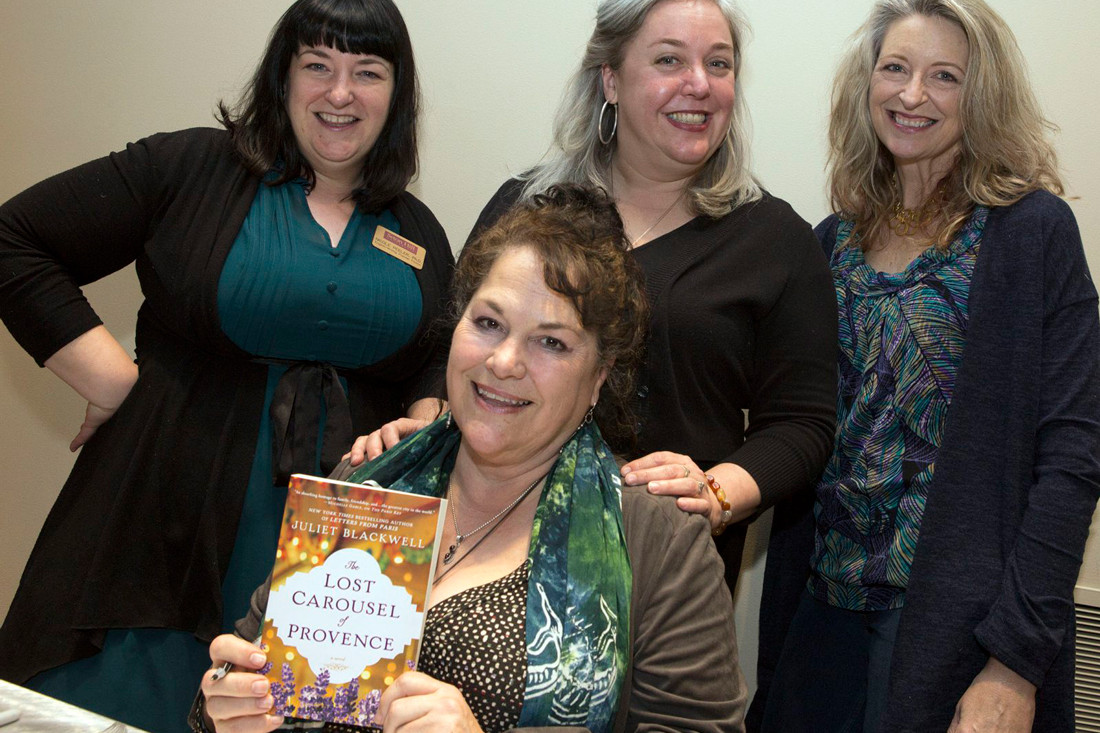
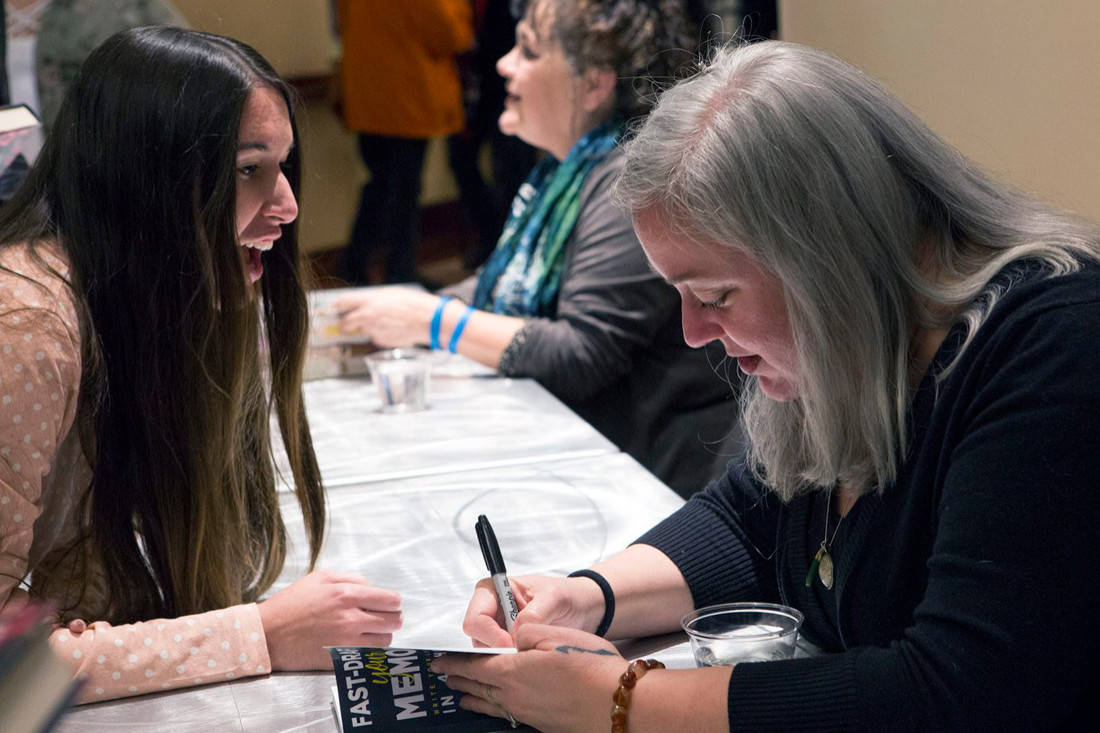
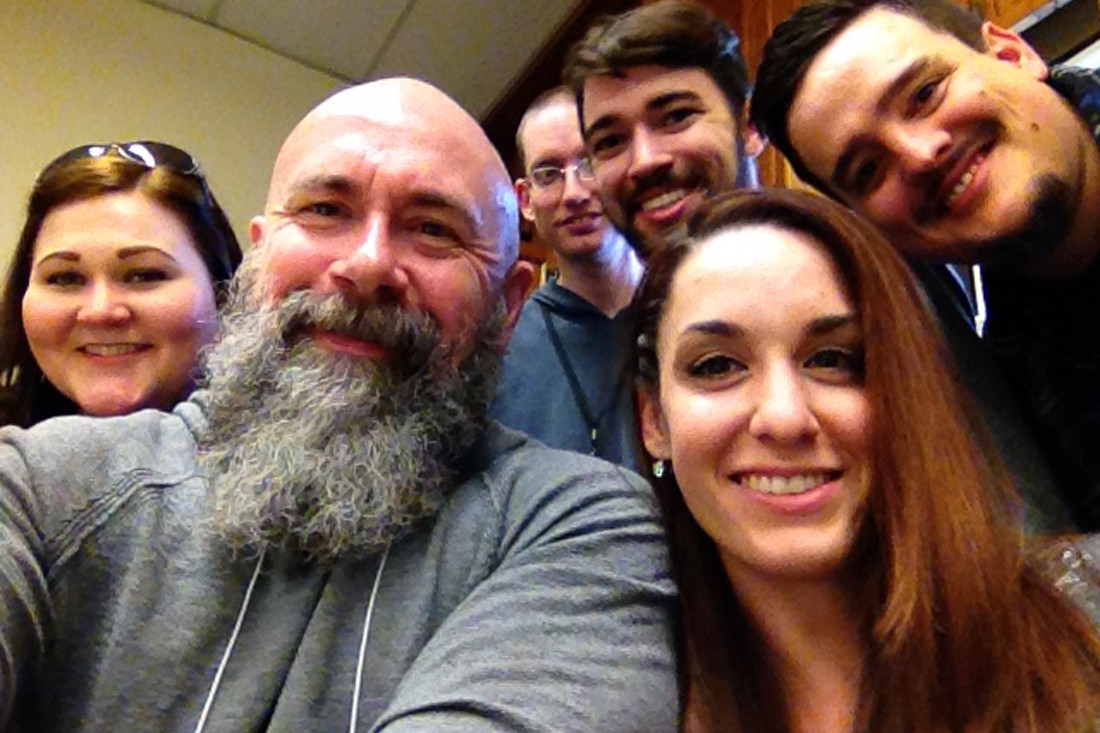
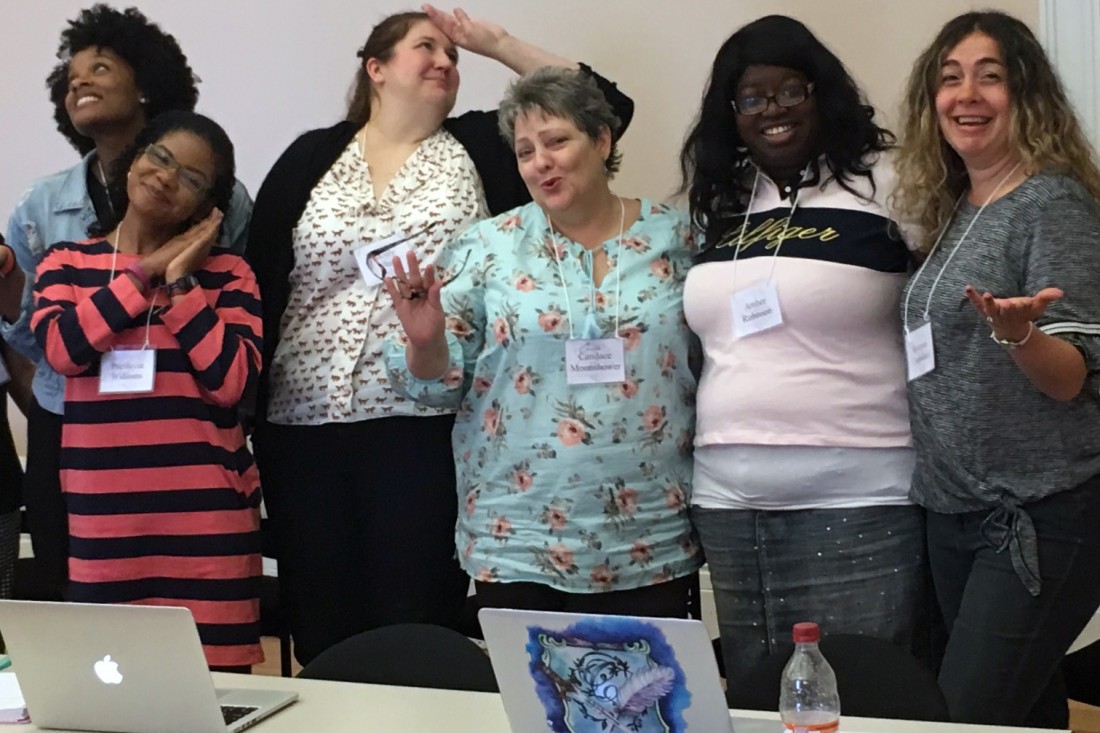
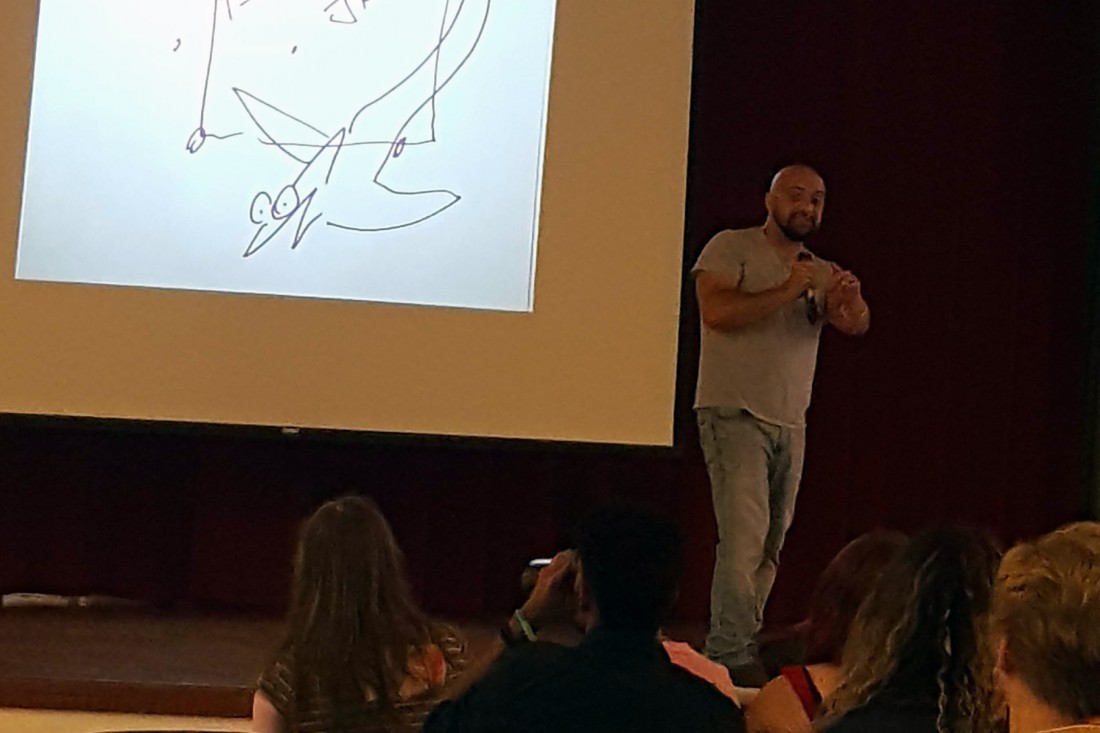
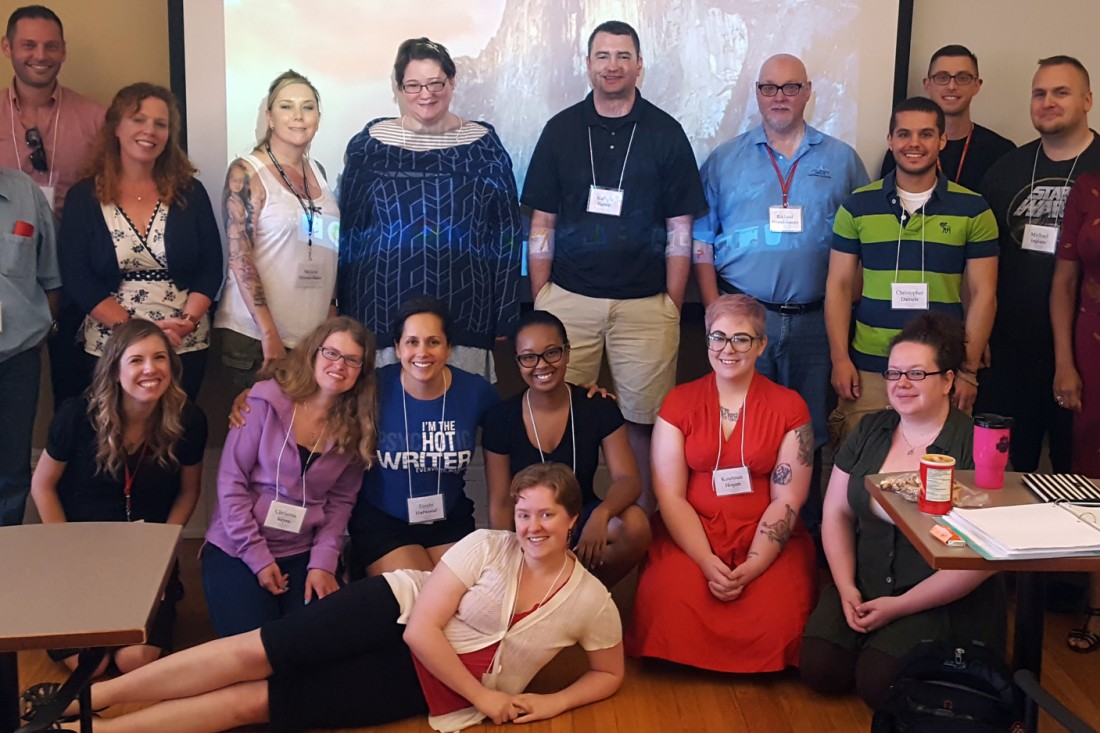
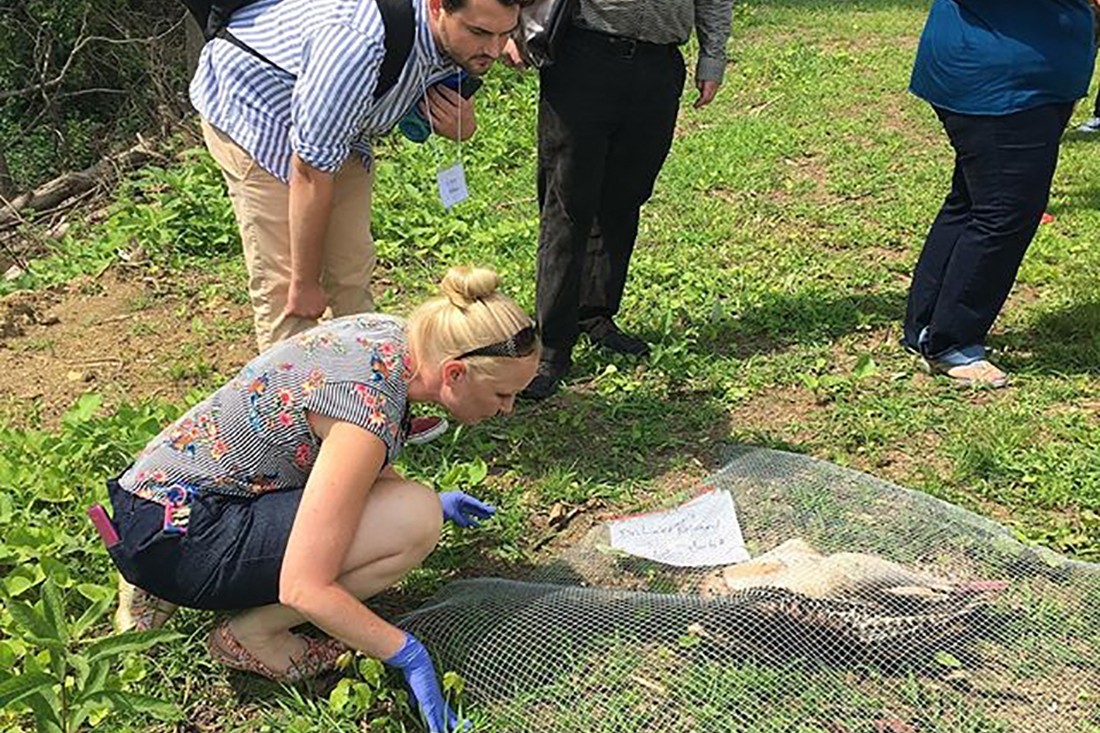
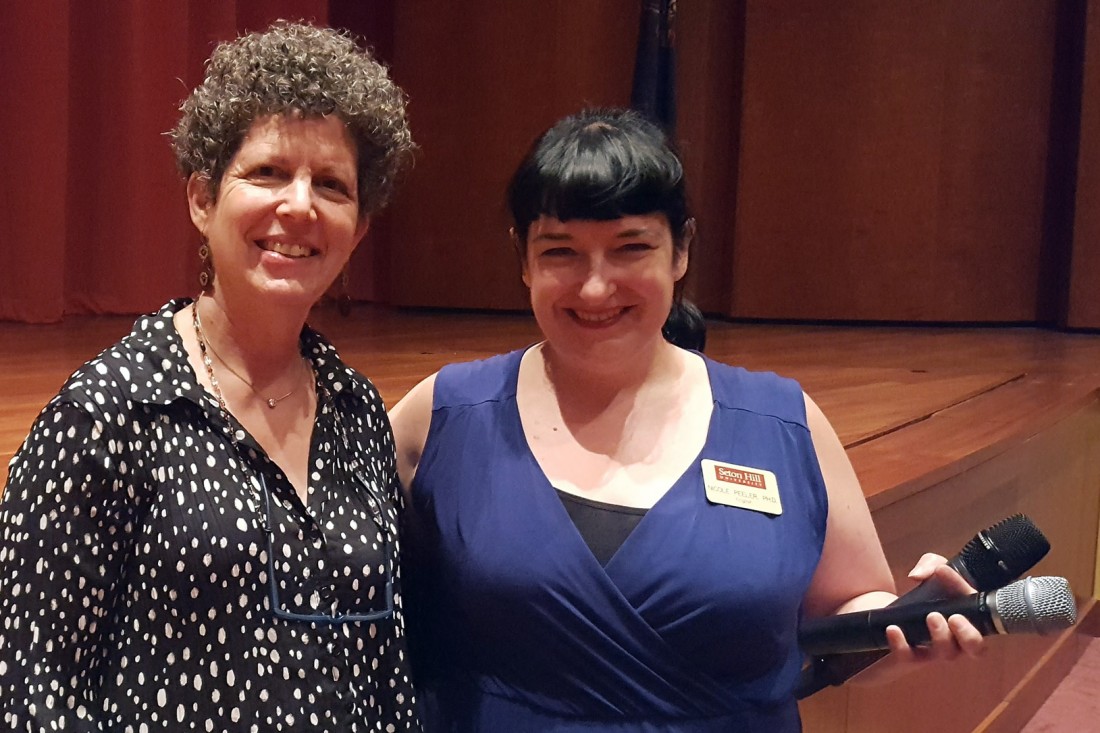
We're Here to Help!
Contact the Office of Graduate and Online Studies at gadmit@setonhill.edu or (724) 838-4208.